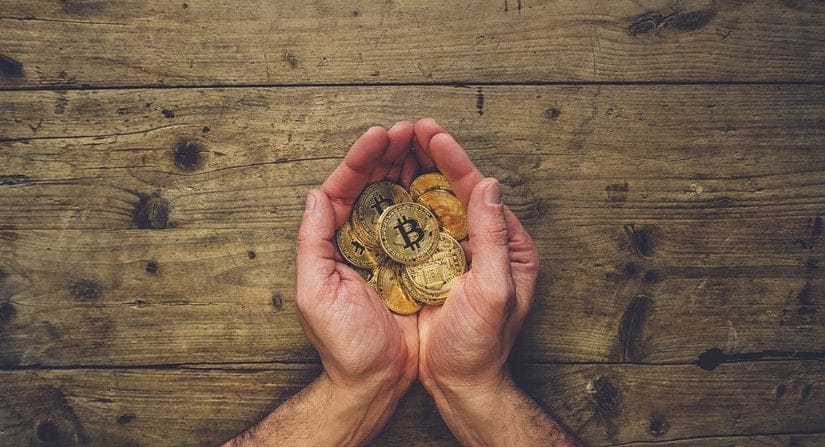Hacking is not uncommon in the cryptocurrency world.
Earlier this year thieves made off with $534 million worth of NEM, while Fortune reports that since 2015 about $400 million worth of ICO funds have been stolen through hacks and fraud. Despite the security that blockchain offers, no system is invulnerable. But that doesn’t mean there’s nothing you can do to protect your assets.
For example, you can always store your tokens offline.
Despite cryptocurrency being a purely digital commodity, you can actually pull it right offline and keep it in your pocket. Sort of.
Here’s how it works:
As a user, when you acquire a cryptocurrency (let’s say a bitcoin, for example), it comes with both a private key and a public one. The private key is the 51-digit string of alphanumeric characters you use to unlock your bitcoin in order to spend or otherwise transfer it. The public key is a string created by an algorithm based on your private key. It uniquely identifies you as the holder of this bitcoin to the outside world.
Since the public key is derived from the private key, it is used to prove the validity of a transaction without having to publicly broadcast the private key itself.
When you store bitcoins in a wallet, what you’re actually storing is this public/private key combination which allows you to unlock an address on the blockchain and prove your ownership of the token. The cryptocurrency itself isn’t actually stored anywhere.
Hot Storage
Online wallets such as those used on most coin exchanges allow users to store their keys on the wallet’s server. This is what’s known as “hot storage,” and it has the advantage of convenience. With online storage, you can access your bitcoin quickly and easily, but it also means that your bitcoin is precisely as secure as the wallet’s server. If the server gets hacked, those private keys can become visible, and you could lose all of your tokens.
A bitcoin works a little bit like a bearer bond: Whoever is holding the private key can spend it as he or she pleases.
Cold Storage
So instead, some users rely on offline, or “cold storage.”
Cold storage involves keeping your private and public keys stored someplace completely disconnected from the internet. There are two main ways to do this: hardware wallets and paper wallets.
Hardware wallets: These are small, encrypted devices that you plug into your computer whenever you’d like to access your cryptocurrency. They typically require a PIN or password to unlock. Once you connect to a hardware wallet, you can use your tokens as usual, pulling the keys off of the device. As long as you don’t store your private key anywhere else, this device provides a secure means to access your tokens.
Paper wallets: Bringing currency full circle, you can print out the public/private keys to your bitcoin and store them in your physical wallet. When you’d like to access your tokens, you have to enter the key manually. It’s a hassle, typing in the entire 51 digit code to unlock a bitcoin; but then again, there’s nothing less hack-able than a piece of paper.
In both cases, you make accessing your tokens slower and more cumbersome, but you also increase bitcoin security. While a hot storage solution is convenient, it is also vulnerable to third-party intrusion. A cold storage solution has no internet-facing components, so as long as you keep it secure, your bitcoins will stay safe too.






